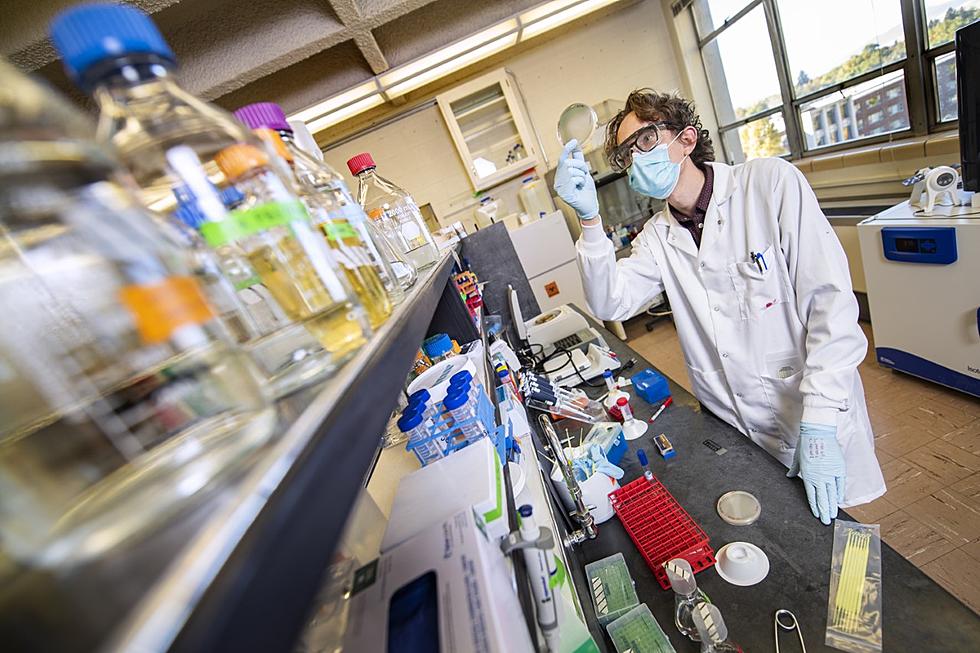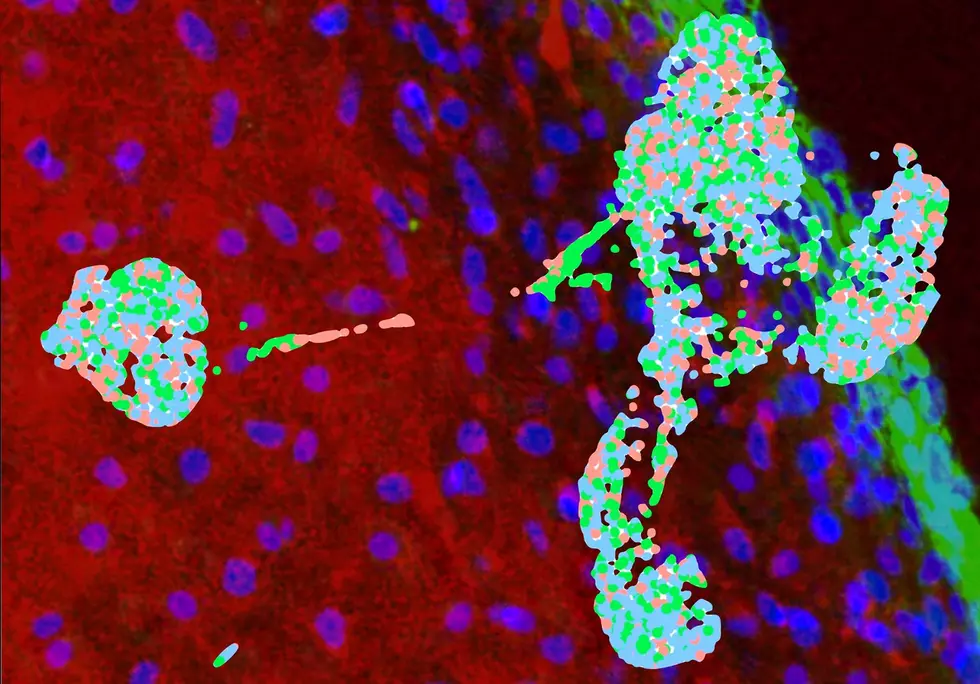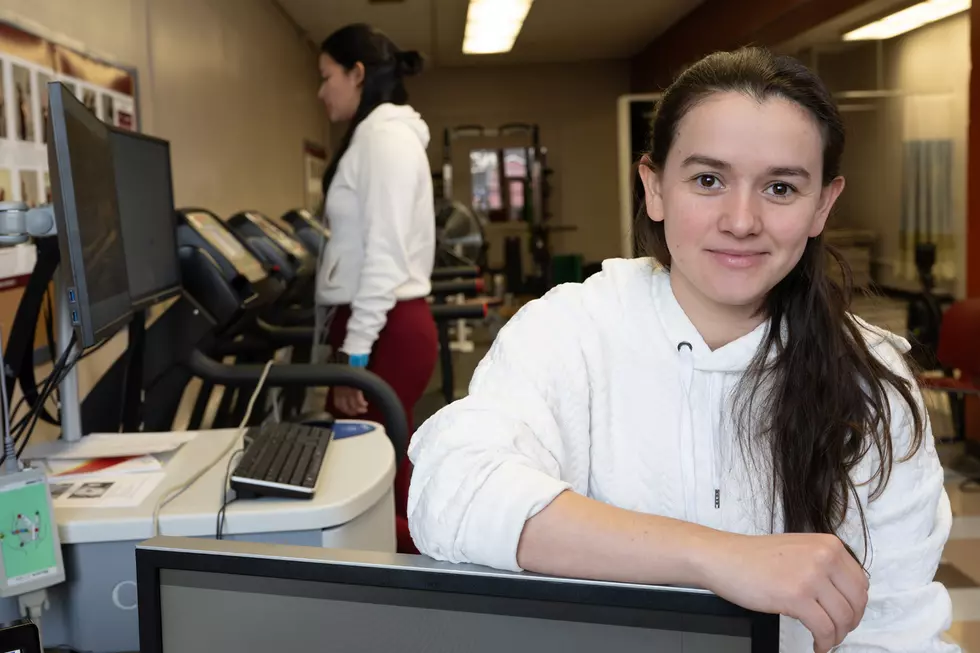
University of Montana Shatters Research Funding Record
$138 million is a lot of money.
For the fiscal year 2021, the University of Montana reported $138 million in research awards, according to Scott Whittenburg, UM Vice President for Research and Creative Scholarship and Dean of the Graduate School.
“We're up about 38% in terms of our research awards, and that's a good indicator of what our research expenditures will look like this year,” said Whittenburg. “And it's an upward trend we've had for several years now and one that I know will continue for the next several years.”
Whittenburg identified some of the areas where research funding grew over the past year.
“We did a lot in terms of health related research,” he said. “That's forestry and forestry management which are actually broadening on campus. One of the awards that we got this year, and we just found out about two weeks ago, was for our humanities areas, the National Endowment of Humanities that sent us about $500,000 for research into the humanities.”
When asked why the university has been so successful in bringing in millions in funding, Whittenburg said the simple answer is, they asked for it.
“The record that we just established was the amount of money that we've requested of external sponsors,” he said. “This past year, we requested $285 million worth of research funding. And that was compared to our previous high of $252 million. So it's proposals that we send out to the funding agencies, they put out as sort of an area of interest that they would like to get proposals in, and then we write proposals and we find ways to make those proposals as strong as we can, and our success rates been very high on those so that then translates into research awards for the next year.”
Whittenburg said one of the most visible success stories for UM research over the past two years has been in COVID 19 vaccination research.
“When vaccines were being developed for COVID-19, the National Institutes of Health was sending all of their vaccine candidates to the University of Montana to our Center for Translational Medicine to look at adding adjuvants to them. Adjuvants are compounds that make the vaccines more effective so that you need fewer doses or smaller doses and therefore can be given to more people, and so our adjuvants were used to helping some of the vaccines that were being used or being tested for COVID.”
Whittenburg looked forward to where research is heading in the near future at UM
“We're looking at a number of projects for the EDA, (the U.S. Economic Development Administration) which would be things for economic development and workforce development,” he said. “There's a big interest now nationally and its doing more in terms of workforce development, and so we have a fairly large group that's working on that. I would say that's the biggest growth we’re looking at is with the EDA.”
On-campus research at UM also has helped spur private business spinoffs, which are located in Missoula and employ dozens of researchers at high-paying salaries. Some of the UM-affiliated business spinoffs include FYR Diagnostics and Inimmune Corp.
LOOK: Here are the biggest HBCUs in America
More From 94.9 KYSS FM









